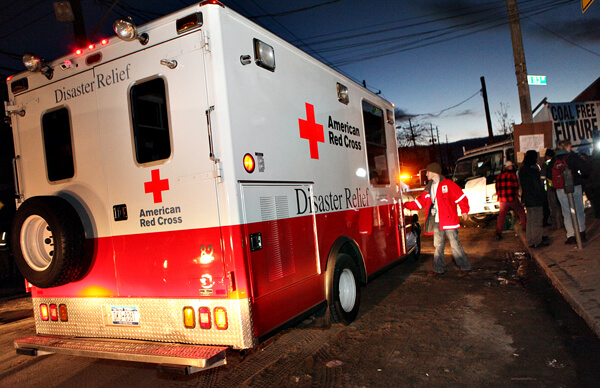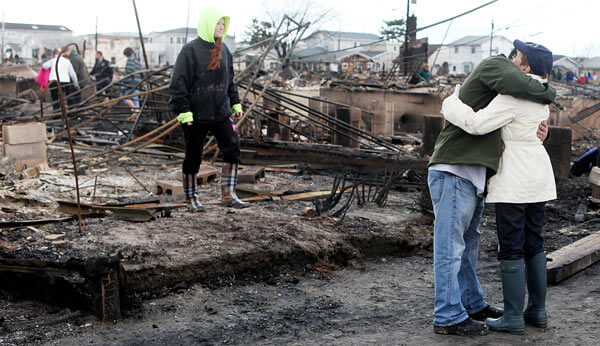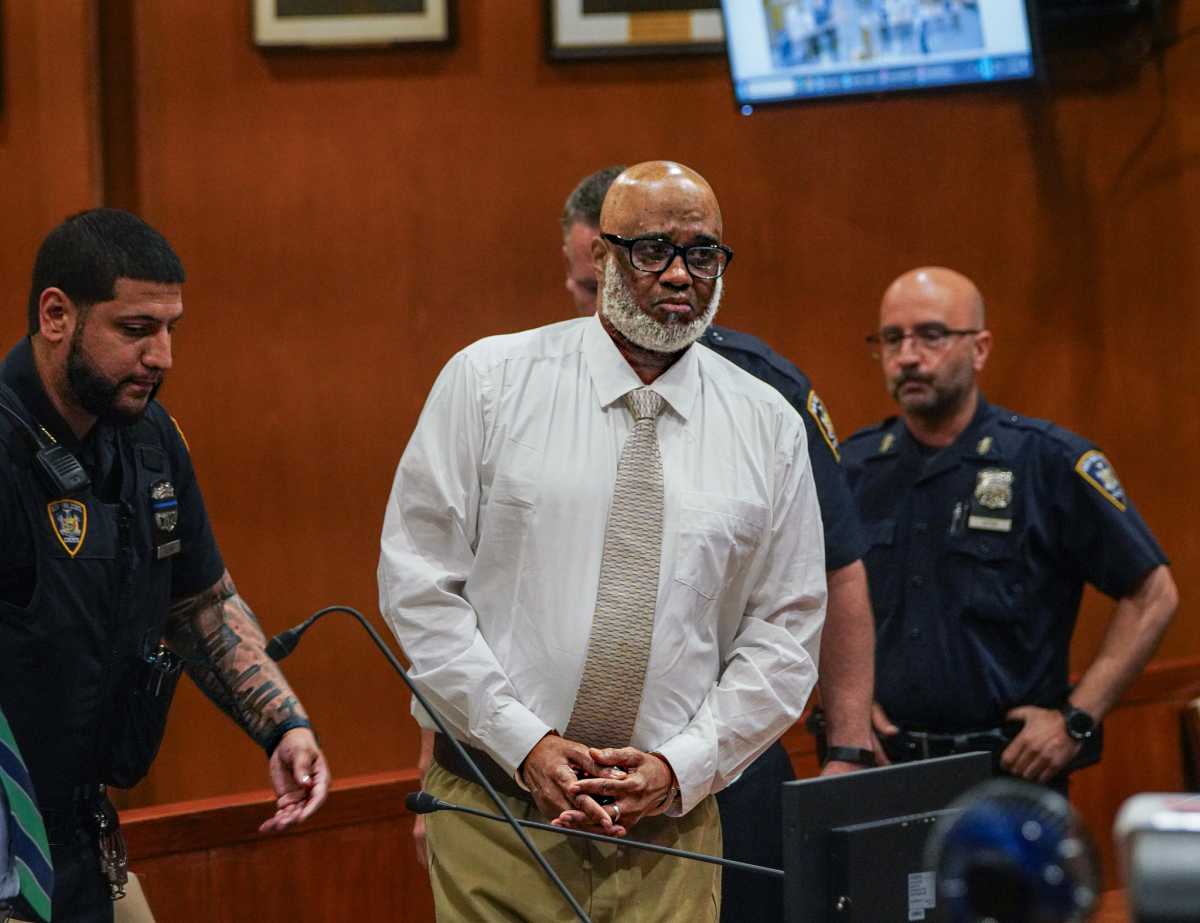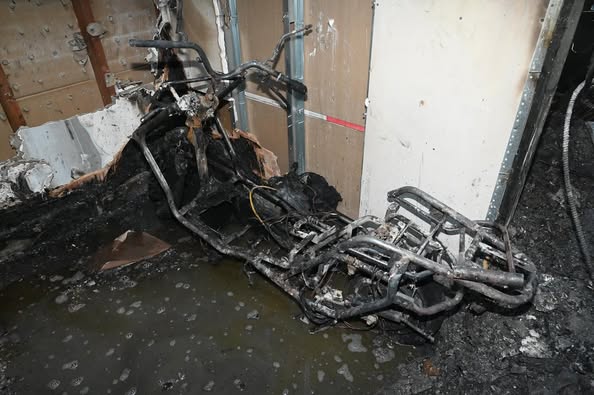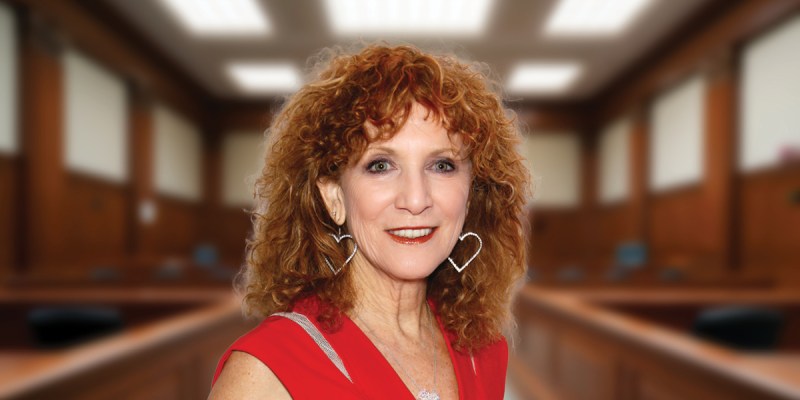By Bianca Fortis
Just 58 percent of the money raised for Hurricane Sandy victims has been spent, according to a report released by state Attorney General Eric Schneiderman.
As of March, more than $575 million in funds had been raised by 90 organizations for Sandy relief and about $336 million had been spent.
The report was based on surveys conducted earlier this year by the Charities Bureau of the attorney general’s office.
Some 17 of the organizations surveyed said they plan to use funds for purposes other than Sandy relief, Schneiderman told a July 17 news conference in Breezy Point, one of the Rockaway neighborhoods hit hardest by the storm. Those other uses include contributions to a general disaster relief fund, conducting research and use for other disaster relief efforts.
Schneiderman said some organizations may have misled donors or obfuscated how contributions would be used.
The attorney general’s office is pursuing 50 organizations for more information about how donations have been spent since the storm.
“We want to make it very clear that you cannot get away with misleading or defrauding donors in New York,” he said. “You cannot raise money for a cause and spend it on something else.”
Most of the fund-raising has been done by just a few groups with nearly 80 percent raised by five organizations, according to the report. The American Red Cross, which has been criticized for the way it has disbursed funds after Sandy, accounts for more than half of the total raised after the storm with $304 million raised.
The other organizations in the Top 5 are the Robin Hood Foundation, which received almost $65 million; The Mayor’s Fund to Advance NYC with $57 million; the Salvation Army with $20.5 million; and the Empire State Relief Fund with $14.5 million.
The Red Cross has been working closely with Schneiderman’s office, according to Sam Kille, the regional communications director of the New York region of the nonprofit.
“We welcome his interest in how funds are being spent, that donors know how money is being used and that it’s being used in the way donors wanted it to,” he said.
As of last month, 75 percent — $225 million — of what the Red Cross had raised for Sandy had been spent or committed, and the organization is continuing to write checks, Kille said.
“We’re pretty proud of that,” he said.
He said all funds that were donated for the purpose of Sandy relief are being used for Sandy relief.
The remaining funds for which plans are already in place will go toward ongoing programs, he said.
One example Kille cited is someone who may need dialysis treatment, but whose car was totaled in the storm. That is an ongoing struggle that government grants may not cover. Another is the Move-In Assistance program.
The Red Cross doles out a lot of its funds by providing grants to other organizations.
“When we do provide these grants to nonprofits, we look closely at how they plan to use the funds,” he said. “We make sure their overhead is low to make sure they help as many people as possible.”
The report also says that the Red Cross “established cut-off dates after which certain donations were no longer applied to Sandy relief” and that “after those dates, donations were not applied to Hurricane Sandy relief unless the donations were ‘restricted’ to Hurricane Sandy or the donations were made in response to Sandy-specific fund-raising.”
Kille acknowledged that the Red Cross did use cut-off dates, but said donors were made aware of where their money was going. One way in which they do this is providing donation letters to thank them.
The Red Cross believes in honoring donor intent, Kille said.
“It’s important to remember that while we are responding to Sandy, we also respond to 70,000 disasters across the country,” he said. “Some are big and get a lot of attention, but there are also home fires that take place every single day.”
Reach reporter Bianca Fortis by email at bfortis@cnglocal.com or by phone at 718-260-4546.

